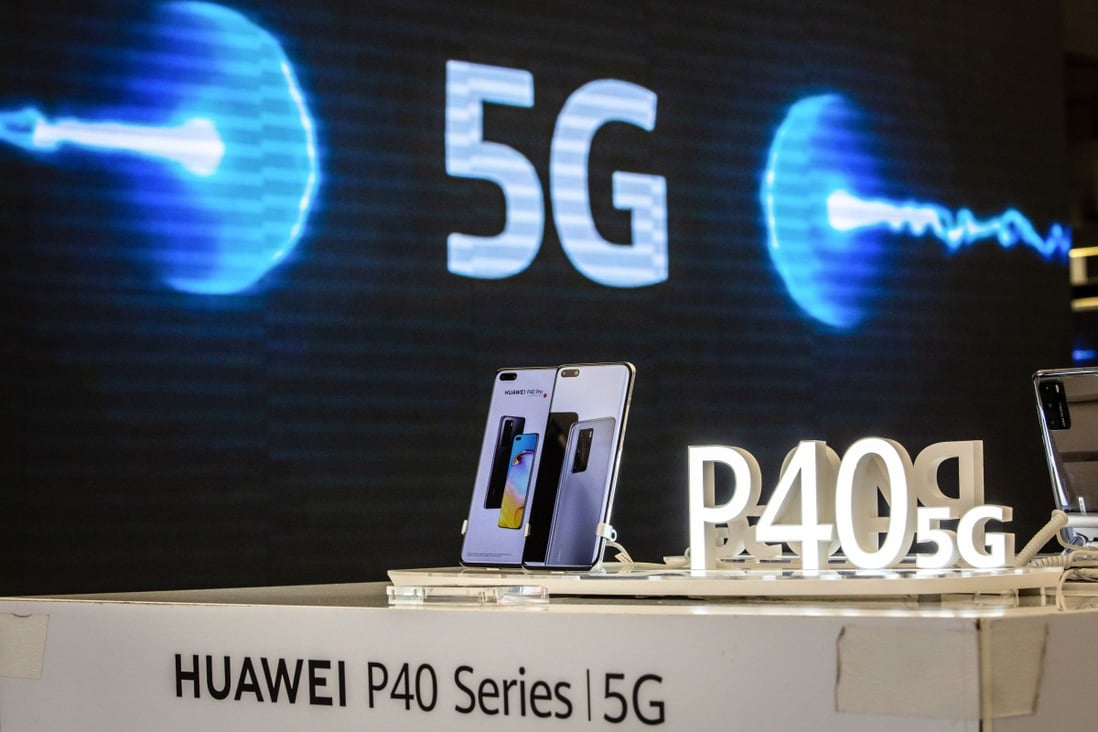David Morris

The European Commission made an announcement on June 15 that was widely reported as a ban on Chinese telecommunications firms Huawei and ZTE. Rather, the communication endorsed the actions by some member states to restrict or completely exclude the two firms as being consistent with the European Union “toolbox” on 5G security – a set of guidelines designed to be interpreted and implemented by member states.
Some EU countries have followed the United States in treating Chinese telecommunications companies as security risks while others have not, which suggests political factors could be at play. Despite talk of “de-risking” in current EU circles, the growing trend is for language framing China as a security threat, rather like the US debate. Yet Europe is not the US and could benefit from de-escalating the US-China tech war.
China-EU relations have taken twists and turns over the years, but economic interests have usually driven a pragmatic approach when it comes to trade and investment. Some European countries and their consumers have embraced Chinese technology.
The US, on the other hand, in recent years has embarked on a campaign of wide-ranging sanctions and trade barriers to constrain China’s technology industry, notably banning Huawei, sanctioning supercomputer centres and blocking advanced semiconductors from reaching Chinese industrial customers. The US has long dominated global technology industries but now has a rival in setting the norms and rules for the technological revolution under way.
From 2017 onwards, beginning with the Trump administration, China has been identified as a key security threat and strategic competitor, with Huawei in particular singled out. Some political circles in the EU are now echoing the US position.
Huawei is among the global leaders in 5G wireless and fibre telecommunications networks and equipment, but it is described by US sources as an espionage risk. More recently, the US has expressed concerns that Huawei’s active engagement in global standard setting extends Chinese state influence and weakens that of the US.
Canada bans Huawei and ZTE 5G equipment, orders removal by 2024
Without any evidence – at least on the public record – that Huawei is any greater risk than other firms, the claims of security risks or state influence cannot be disproved. The national security focus of the debate about Huawei risks taking our eye off the ball of where future cybersecurity threats may actually arise, and risks can arise anywhere.
Telecommunications systems have long been known to be at risk of hacking. Espionage or other threats to cybersecurity do not only come from China but from a wide variety of states, as well as from non-state actors such as terrorist groups, criminal gangs and even individual cyberhackers.
All telecommunication carriers and equipment makers are subject to national laws, and the EU has been a leader in developing a governance framework for new technologies with its comprehensive Cybersecurity Act, the General Data Protection Regulation and the Network and Information Security Directive. Its toolbox of risk-mitigating measures includes strengthened regulatory powers, including restricting high-risk suppliers from supplying core network assets and diversification of telecommunications suppliers.

A radio mast for mobile communications is seen over the town of Bottrop, Germany, on March 7. German mobile network operators were asked to notify the government about Chinese-made components from manufacturers such as Huawei or ZTE in their infrastructure. Photo: AP
In some sectors, China plays a major role in setting global standards, such as in high-speed rail infrastructure and autonomous vehicles. However, there is no agreed-upon global set of rules in relation to new digital communications technologies, with progress frozen by the intensification of US-China competition. In the absence of shared rules, norms and institutional enforcement, technologies are being rolled out ahead of our ability to govern their use in the interests of society.
While politicians talk about security threats, telecommunications industry players are focused on developing the infrastructure, equipment and services for the coming convergence of high-speed communications, artificial intelligence and cloud computing that will transform industries and daily lives in the decade ahead.
Huawei is among the global leaders in these fields. If its innovations can be harnessed and securely governed in Europe, together with innovation by European firms, digital connectivity promises to be a major contributor to not only economic efficiencies but also in achieving the European Green Deal, with digitalisation reducing the environmental footprints of industries and consumers alike.
Europe has a choice. On the one hand, it can join with the US in its tech war on China, risking splitting the world into two techno-nationalist domains weaponised against each other. In such a scenario, the US will still dominate its sphere of influence but at some stage could be overtaken by China. On the other hand, Europe could work to find rational and pragmatic solutions to the security problems posed by new technologies, taking politics out of the debate.
If Europe can help to build a cybersecurity system that is supplier-blind and operates on best practices which can be implemented by other states around the world, it could play a role in de-escalating the US-China conflict and consequently ensure a more secure future in a globalised tech domain. If consumers can both benefit from accessing Chinese and US technology and have their cybersecurity protected, Europeans can have the best of both worlds.
No comments:
Post a Comment